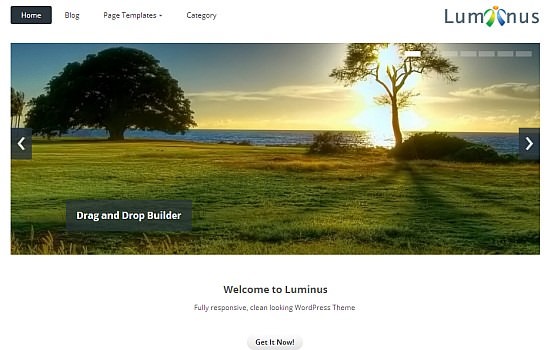If you work with command line and know your SQL, q a great tool to use:
q allows you to query your text files or standard input with SQL. You can:
SELECT c1, COUNT(*) FROM /home/shlomi/tmp/my_file.csv GROUP BY c1
And you can:
SELECT all.c2 FROM /tmp/all_engines.txt AS all LEFT JOIN /tmp/innodb_engines.txt AS inno USING (c1, c2) WHERE inno.c3 IS NULL
And you can also combine with your favourite shell commands and tools:
grep “my_term” /tmp/my_file.txt | q “SELECT c4 FROM – JOIN /home/shlomi/static.txt USING (c1)” | xargs touch
Some of q’s functionality (and indeed, SQL functionality) can be found in command line tools. You can use grep for pseudo WHERE filtering, or cut for projecting, but you can only get so far with cat my_file.csv | sort | uniq -c | sort -n. SQL is way more powerful for working with tabulated data, and so q makes for a great addition into one’s toolbox.
The tool is authored by my colleague Harel Ben-Attia, and is in daily use over at our company (it is in fact installed on all production servers).
It is of course free and open source (get it on GitHub, where you can also find documentation), and very easy to setup. Enjoy!

via Planet MySQL Tool of the day: q
![]()









